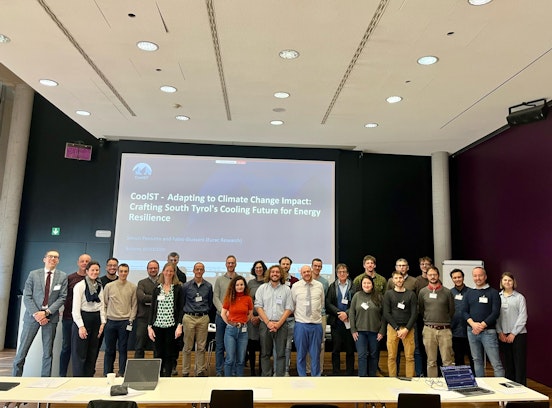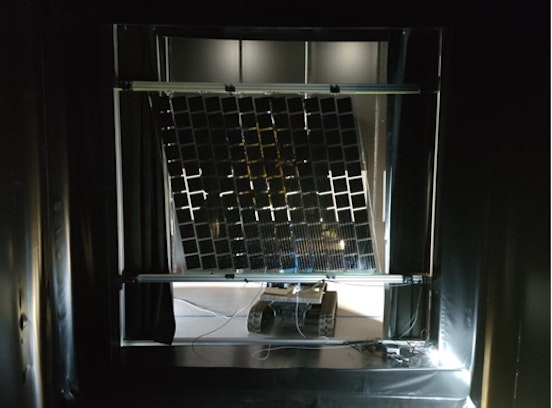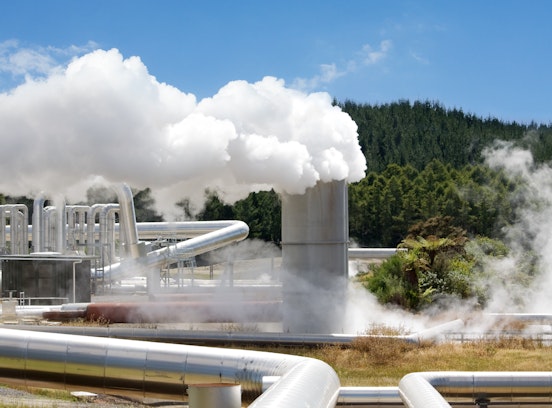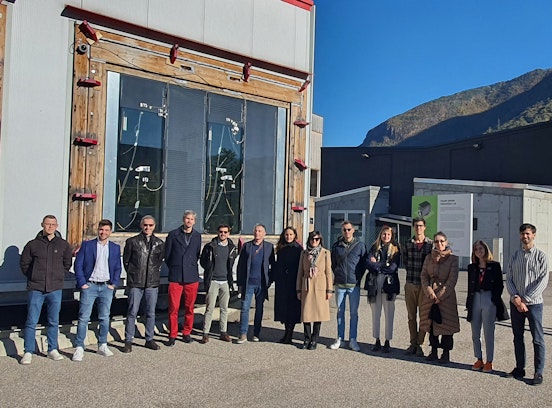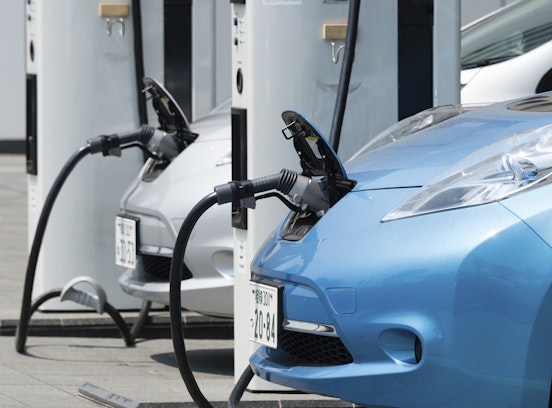Institute for Renewable Energy - Overall energy system modelling and e-mobility - News & Events - Machine learning to speed-up energy system optimization and decarbonization
Machine learning to speed-up energy system optimization and decarbonization
A recent scientific article by Eurac Research integrated machine learning algorithm with EnergyPLAN and EPLANopt to accelerate the optimization process in energy system modeling.
The integration of machine learning algorithms into energy system modeling, as explored in this study published in the Journal Energy, represents a significant advancement in addressing the computational challenges associated with decarbonization analysis. The main objectives of the study were to identify the best machine learning algorithm, determine the ideal training set size, and find the optimal balance between accuracy and computational time savings then applying the developed method to the decarbonization study of the Italian energy system and explore uncertainty in different scenarios of natural gas costs.
Researchers devised a hybrid optimization model which links EnergyPLAN with a multi-objective evolutionary algorithm, and machine learning-based surrogate models. A range of machine learning algorithms have been assessed, including linear regression, decision tree regressor, random forest regressor, and neural networks with various configurations, to identify the most effective one for predicting EnergyPLAN outputs. Extensive testing was conducted to determine the optimal number of initial generations necessary for the effective training of the surrogate model, as well as the ideal number of final generations needed for refining solutions through EnergyPLAN.
By coupling EPLANopt with a surrogate model - in this case, an artificial neural network (ANN) - the research effectively reduces the computational burden typically encountered in multi-objective optimization tasks. This methodology was applied to a case study involving the Italian energy system, allowing the researchers to investigate various scenarios regarding natural gas costs and their effects on the optimal configurations of the energy system. The outcomes of the hybrid model have then been compared with traditional EPLANopt runs to verify the accuracy and efficiency of this new approach.
“The key innovation of this work is the application of surrogate modeling to national-scale energy system optimization while maintaining high temporal resolution and comprehensive sector coupling. This approach significantly reduced computational time by 64-74% compared to traditional methods, enabling more extensive exploration of uncertainties in energy system modeling” says Matteo Giacomo Prina, first author of the study. “Unlike previous studies that focused on specific micro-grid problems or were limited to the power sector, our methodology leverages EnergyPLAN's capabilities to cover all sectors of the energy system through an integrated sector-coupling approach” continues Prina.
The implications of this research extend beyond mere computational savings. By enabling more extensive evaluations and deeper explorations of uncertainty, policymakers and researchers can gain more comprehensive insights into potential decarbonization strategies. This combination of faster computation and high accuracy paves the way for more agile and informed decision-making in the transition to sustainable energy systems.
Link to the scientific article here

